‘Clearly a threat’: Australia’s nuclear deal sparks China concern
Australia’s plan to obtain nuclear submarines as part of a security pact has sparked concerns of a “confrontation” with China.
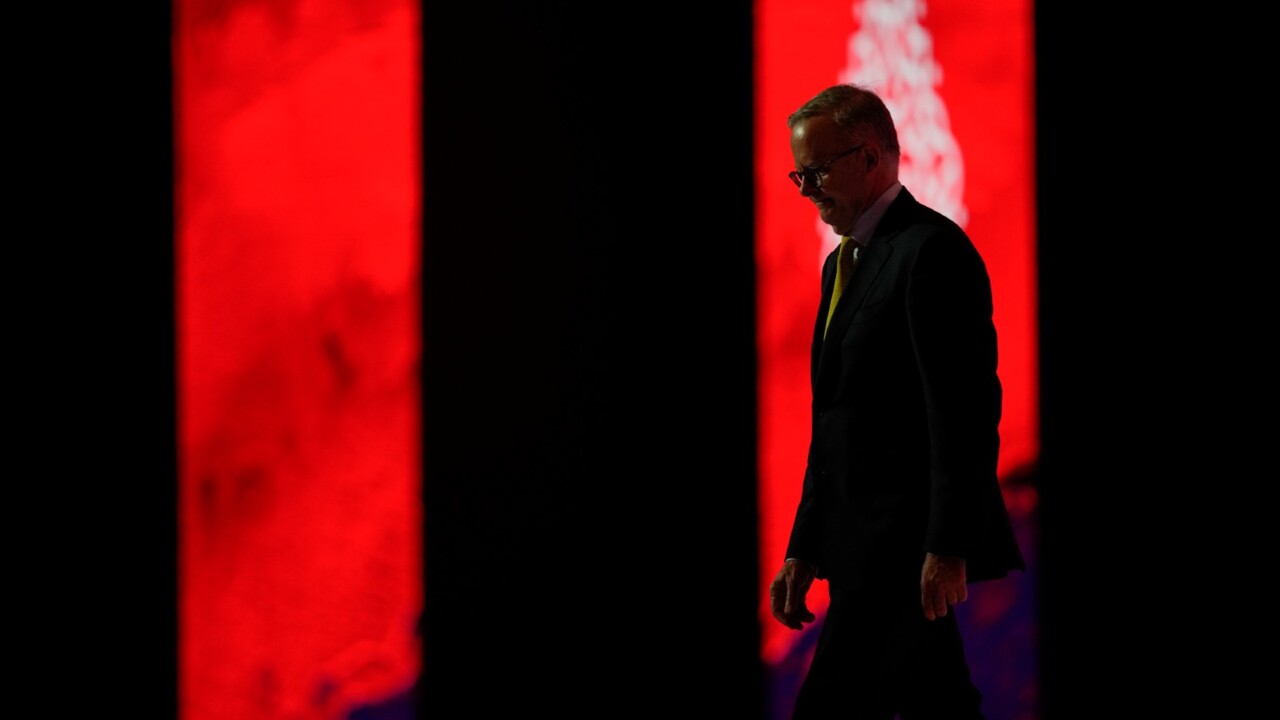
China has issued a stark warning to Prime Minister Anthony Albanese over Australia’s decision to acquire nuclear submarines under the AUKUS pact, branding the move a “barrier to improving China-Australia ties”.
Mr Albanese defended the AUKUS deal despite concerns over a “confrontation” with China.
Attending the 2022 APEC summit in Bangkok, Thailand earlier this week, the Australian Prime Minister was met with criticism from French President Emmanual Macron over the pact.
Mr Macron warned that Australia’s plan to obtain nuclear submarines could stoke a “nuclear confrontation” with China and would “undermine Australia’s sovereignty”.
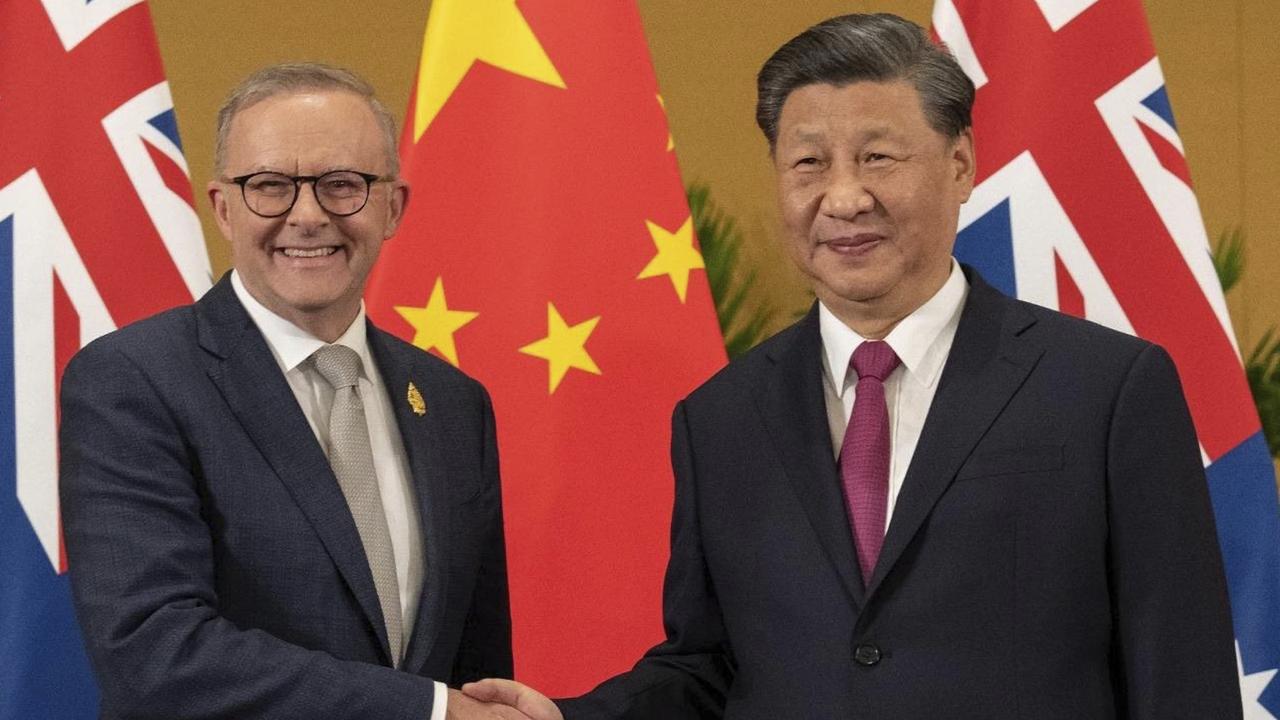
“We were helping and accompanying Australia in building a submarine fleet in-house, an industrial co-operation,” he said, speaking about Scott Morrison’s decision to scrap the $90 billion French Naval Group submarine contract.
“So it was both industrial co-operation and giving sovereignty to Australia, because they will maintain the submarines themselves, and it is not confrontational to China because they are not nuclear-powered submarines.
“But the choice made by (former) Prime Minister Morrison was the opposite, re-entering into nuclear confrontation, making himself completely dependent by deciding to equip themselves (with a) submarine fleet that the Australians are incapable of producing and maintaining in-house.”
The French President added that his country’s offer to supply Australia with conventional submarines was still “on the table” despite the Albanese Government’s decision to pursue the AUKUS deal.
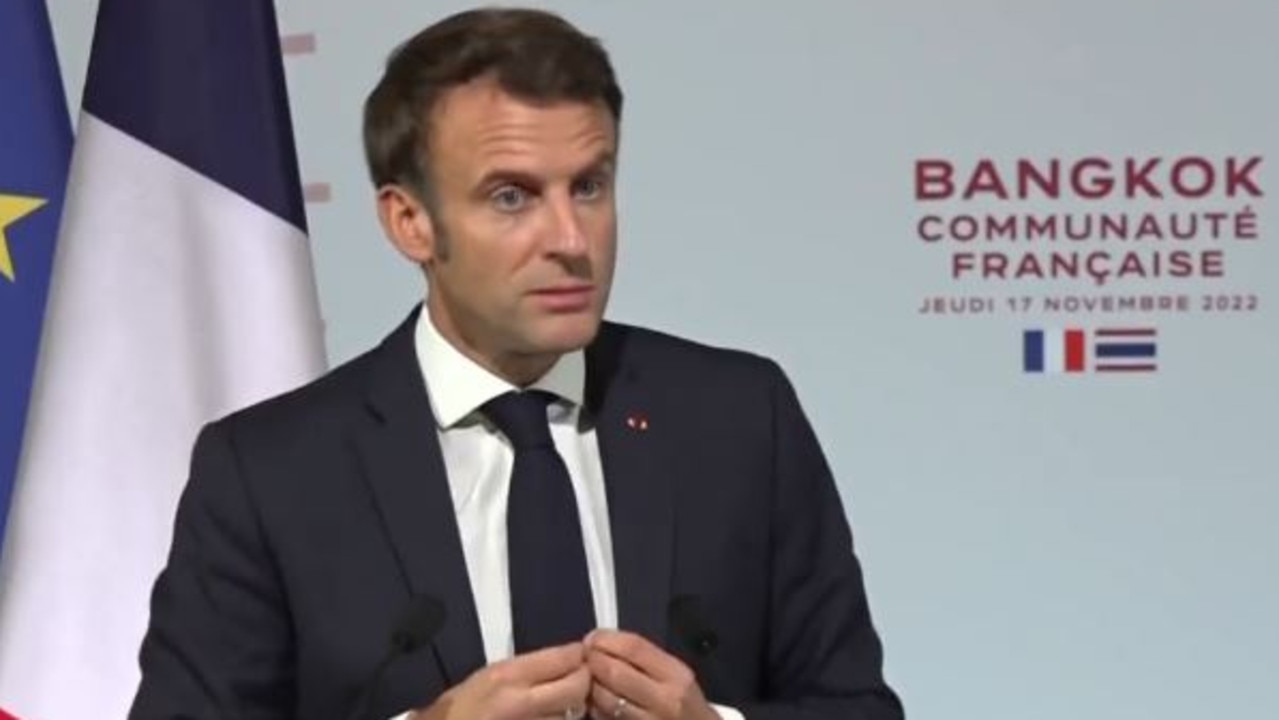
Beijing newspaper The Global Times – which works under the auspices of the Chinese Communist Party’s flagship newspaper, The People’s Daily – said that the move was “clearly a threat”.
“AUKUS is clearly a threat to regional peace and security, as well as a barrier to improving China-Australia ties,” the article said.
“After the recent bilateral meeting between the Chinese and Australian leaders on the sidelines of the G20 summit, it is widely hoped that this will inject more positivity into what have been deteriorating bilateral relations.
“However, if Canberra chooses to ignore Beijing’s concerns over AUKUS, the pact will remain a thorn in the side of China-Australia relations.
“It is also likely to undermine a clear pathway to the healthy development of bilateral ties.”
The newspaper also wrote that the deal was being used as a tool to “stir up trouble”.
“As part of Washington’s scheming, AUKUS is a tool to stir up trouble and create unwarranted suspicion about Beijing’s intentions in the Asia-Pacific region,” they wrote.
“If Australia doesn’t want to send the wrong signal to China and deepen the distrust between the two countries, it needs more strategic sobriety when it comes to AUKUS.”
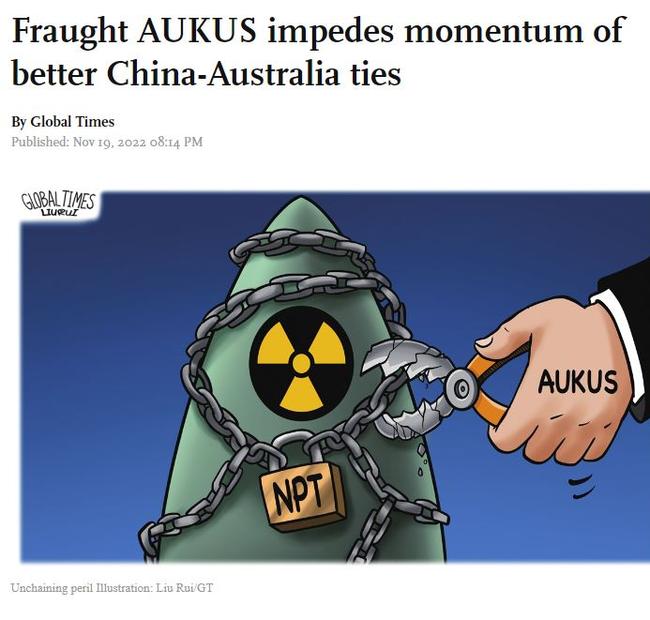
Despite backlash, the Prime Minister has continued to defend the security deal, tellingSky Newsthat it “shouldn’t be of any surprise”.
“It shouldn’t be of any surprise that we have entered into any arrangement with our most important ally, the United States, and our most significant historical ally, the United Kingdom,” Mr Albanese said.
“And what that’s about improving the national security for each of those three nation-states, but also recognising that by co-operating, by sharing technology, we can improve our collective security for our great democracies.”
Under the AUKUS deal, Australia will acquire at least eight nuclear-powered submarines, which will be built in South Australia.
The decision to move from obtaining conventional submarines to nuclear ones has been a controversial one.
According to Australian Defence Force, nuclear submarines were the “only option” to ensure the longevity of security requirements.
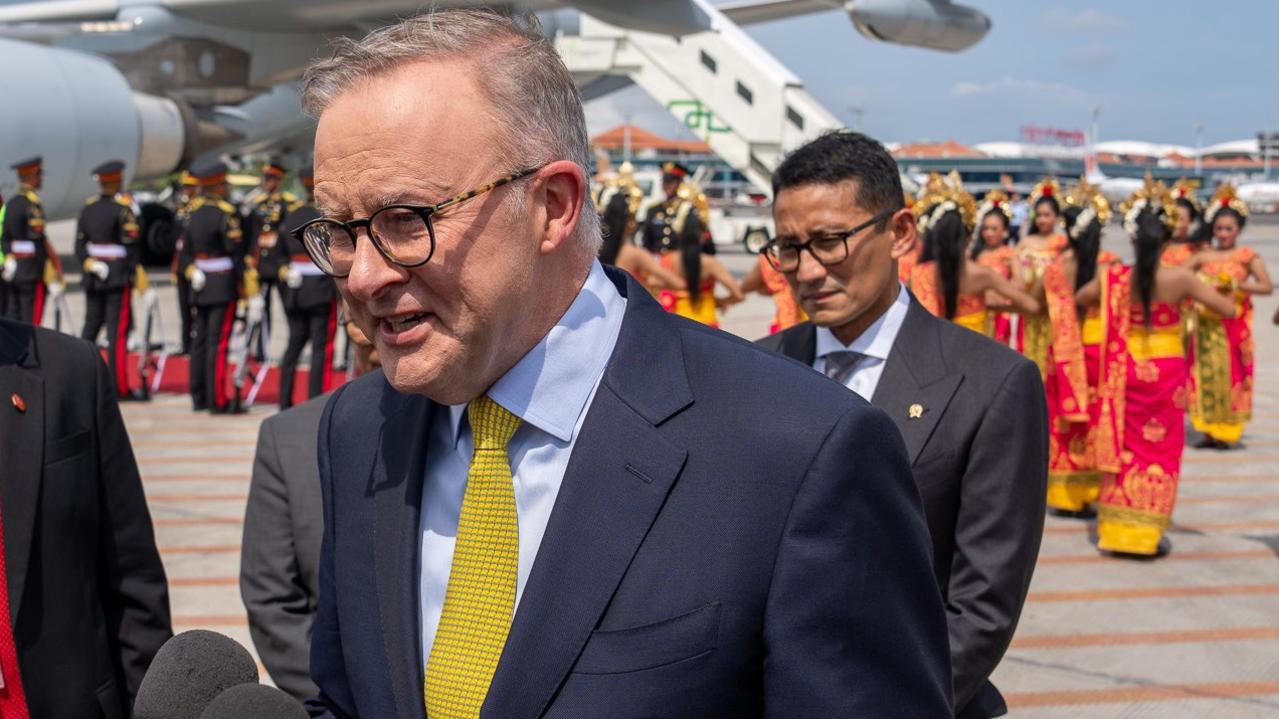
“Australia needs the best submarine capability to meet our strategic needs for decades to come,” they explained.
“Conventional submarines have to regularly raise masts above the surface to recharge their batteries.
More Coverage
“Nuclear-powered submarines maintain superior characteristics of stealth, speed, manoeuvrability, survivability, and almost limitless endurance, when compared to conventional submarines. They can deploy unmanned underwater vehicles, and carry more advanced and a greater number of weapons.
“These abilities allow nuclear-powered submarines to operate in contested areas with a lower risk of detection and deter actions against Australia’s interests.
“An assessment provided to Government through a capability review process was that nuclear-powered submarines were the only option that could meet Australia’s defence requirements over the coming decades.”






